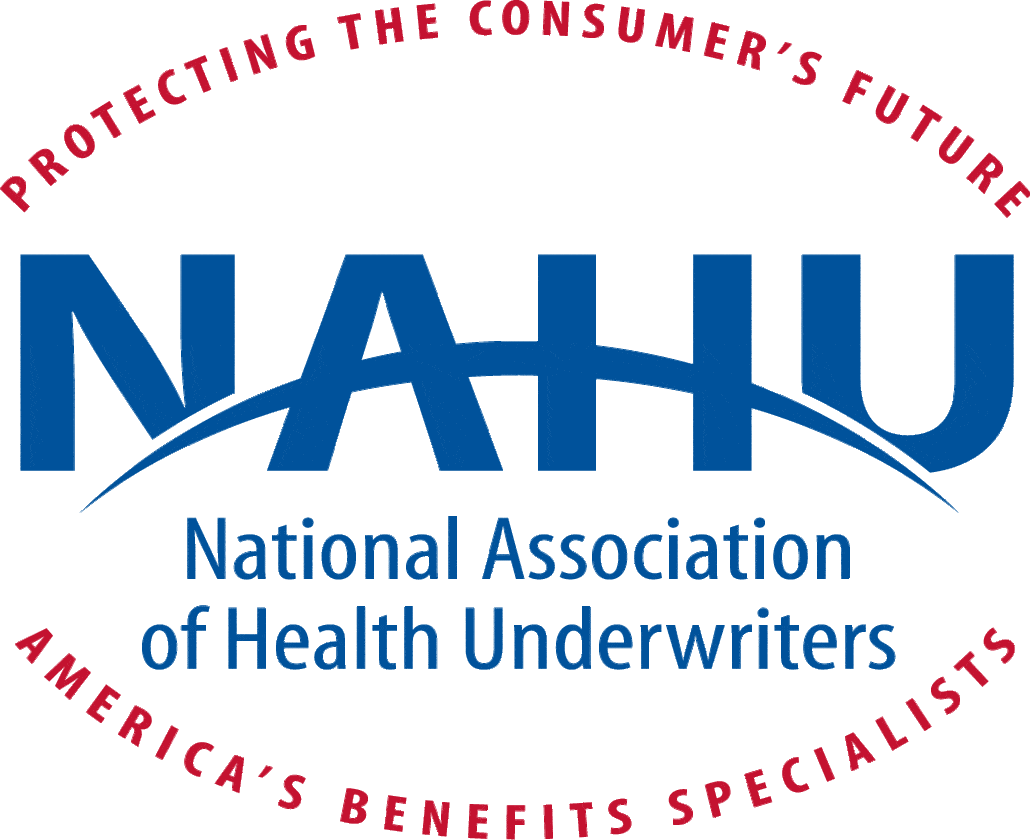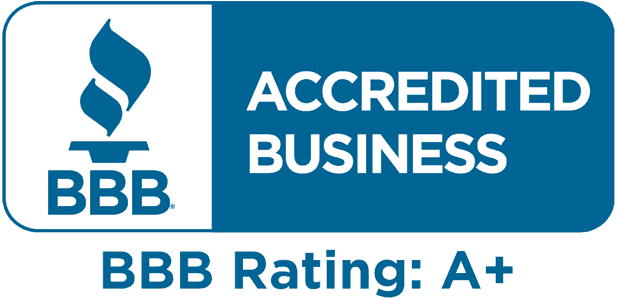Generally, Medicare is available for people age 65 or older, younger people with disabilities and people with End-Stage Renal Disease (permanent kidney failure requiring dialysis or transplant). Medicare has two parts, Part A (Hospital Insurance) and Part B (Medicare Insurance). You are eligible for premium-free Part A if you are age 65 or older and you or your spouse worked and paid Medicare taxes for at least 10 years. You can get Part A at age 65 without having to pay premiums if:
- You are receiving retirement benefits from Social Security or the Railroad Retirement Board.
- You are eligible to receive Social Security or Railroad benefits but you have not yet filed for them.
- You or your spouse had Medicare-covered government employment.
To find out if you are eligible and your expected premium, go the Medicare.gov eligibility tool.
If you (or your spouse) did not pay Medicare taxes while you worked, and you are age 65 or older and a citizen or permanent resident of the United States, you may be able to buy Part A. If you are under age 65, you can get Part A without having to pay premiums if:
- You have been entitled to Social Security or Railroad Retirement Board disability benefits for 24 months. (Note: If you have Lou Gehrig’s disease, your Medicare benefits begin the first month you get disability benefits.)
- You are a kidney dialysis or kidney transplant patient.
While most people do not have to pay a premium for Part A, everyone must pay for Part B if they want it. This monthly premium is deducted from your Social Security, Railroad Retirement, or Civil Service Retirement check. If you do not get any of these payments, Medicare sends you a bill for your Part B premium every 3 months. Read another article to learn more about how to enroll Medicare.
Medicare eligibility – Part A and Part B
To be eligible for Medicare Part A and Part B, you must be a U.S. citizen or a permanent legal resident for at least five continuous years. You must also meet at least one of the following criteria for Medicare eligibility:
Be age 65 or older and eligible for Social Security: You may be automatically enrolled in Medicare Part A (hospital insurance) when you reach age 65 and become eligible for Social Security. Further, if you are already getting benefits from Social Security or the Railroad Retirement Board (RRB), you will automatically get Part A and Part B starting the first day of the month you turn 65. (If your birthday is on the first day of the month, your Part A and Part B coverage starts the first day of the prior month.) But, if you’re not receiving retirement benefits from Social Security or the Railroad Retirement Board (for instance, because you’re still working), you must sign up for Medicare Part B when you meet the age requirement, as your enrollment isn’t automatic.
Be permanently disabled and receive disability benefits for at least two years: You automatically get Part A and Part B after you get disability benefits from Social Security for 24 months or certain disability benefits from the Railroad Retirement Board (RRB) for 24 months.
Have end-stage renal disease (ESRD) (permanent kidney failure that requires dialysis treatment or a kidney transplant): You need to sign up for Medicare, as your enrollment isn’t automatic.
Have Lou Gehrig’s disease (Amyotrophic Lateral Sclerosis, or ALS): You automatically get Part A and Part B the month your disability benefits begin.
Most individuals don’t have to pay a premium for Medicare Part A if they or their spouse paid Medicare taxes while working for at least 10 years (or 40 quarters). If you’re not eligible for premium-free Part A, you will have to pay a monthly premium of up to $458 in 2020.
In addition, you must also pay the Part B premium each month. The standard premium is $144.60 in 2020.
Also, keep in mind that individuals with a higher income may have to pay more for their Part B premium. Be aware that if you don’t sign up for Medicare Part B when you first become eligible, you may have to pay a 10% penalty (added to your monthly premium) for each full 12-month period you could have had it but didn’t sign up (some exceptions apply).
Medicare Part C eligibility
Medicare Part C (also called Medicare Advantage ) is an alternative way to your Medicare Part A and Part B benefits. Medicare Advantage plans are available through private insurers. To be eligible for Medicare Part C, you must already be enrolled in Medicare Part A and Part B, and you must reside within the service area of the Medicare Advantage plan you want. You can get more information about and enroll in a Medicare Advantage plan by contacting one of the following:
- A licensed insurance agent or broker, such as an agent from The Medicare Store
- 1-800-MEDICARE (1-800-633-4227; TTY users 1-877-486-2048), 24 hours a day/7 days a week; or medicare.gov
The Medicare Advantage plan (Part C) Initial Coverage Election Period is generally the same as the Initial Enrollment Period for Medicare Part A and Part B (the seven-month period that starts 3 months before the month you turn 65, includes the month you turn 65, and ends 3 months after the month you turn 65). Or, you can sign up during the Annual Election Period (AEP) from October 15 to December 7 for coverage effective January 1 of the following year. You can also enroll during a Special Election Period (SEP), if you qualify.
If you have end-stage renal disease (ESRD), you might not qualify for a Medicare Advantage plan in most cases. But there’s one type of Medicare Advantage plan that’s specifically meant for people with ESRD. Read about Medicare Special Needs Plans.
Medicare Part C is optional, and there is no penalty for not signing up. But you must have Medicare Part A and Part B to get Part C, and live in the service area of a Medicare Advantage plan. You also generally can’t have end-stage renal disease (with some exceptions).
If you have Medicare Part C, you must continue paying your Part B premium even if you enroll in a Medicare Advantage plan. Monthly rates and plan coverage for Medicare Advantage plans vary by the insurance company you choose and your specific plan details.
Medicare Part D eligibility
Medicare Part D covers prescription drugs and, like Medicare Part C, is available through private insurers that are approved by Medicare. To be eligible to enroll in a Medicare prescription drug plan (PDP), you must have Medicare Part A and/or Part B and you must live in the service area for the prescription drug plan in which you want to enroll. To be eligible to enroll in a Medicare Advantage plan with prescription drug coverage (MAPD), you must have Medicare Part A and Part B, and you must live in the service area for the MAPD plan you’re considering.
Lastly, remember that The Medicare Store has helped thousands of safe, covered, happy people choose a Medicare Plan. Schedule online or contact us. We are here, ready to help.


